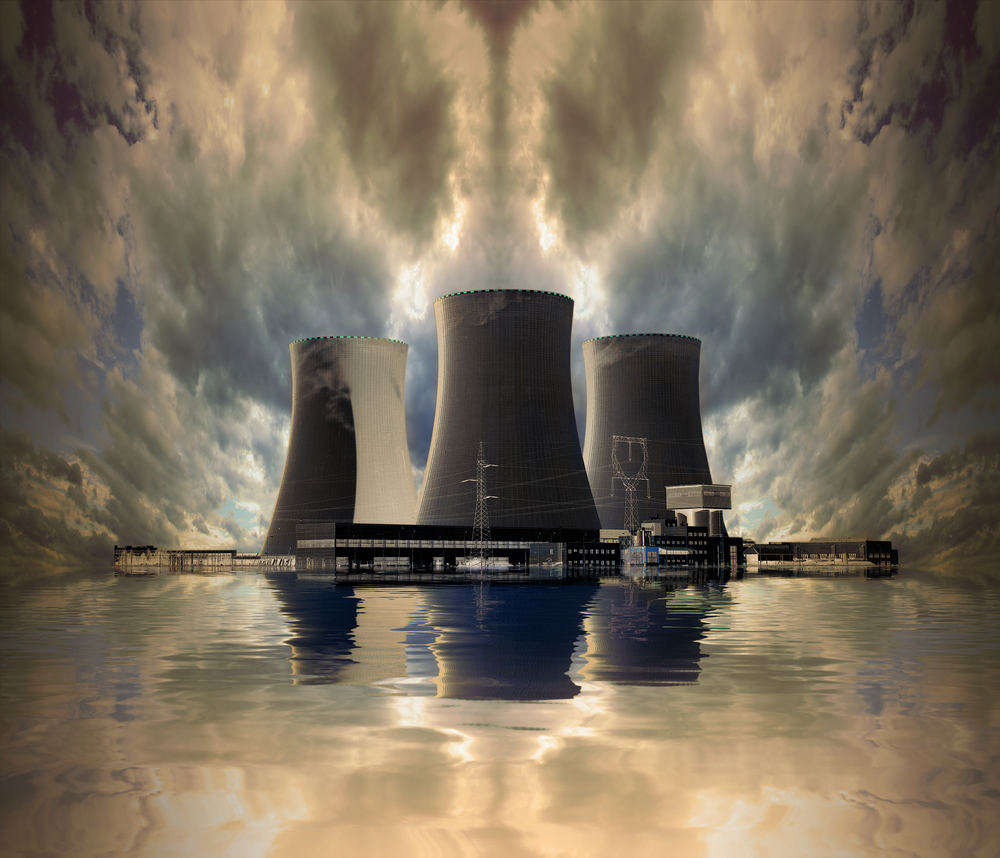
By Brigitte Rodriguez, Publishing Associate: Researcher & Writer for Save The Water™ | September 16, 2023
The Japanese Government is preparing to release the radioactive water from the Fukushima disaster into the ocean soon.
The Fukushima disaster occurred on March 11, 2011 in Japan. It’s one of the worst environmental disasters in the world. It was caused by an earthquake that led to a tsunami of 40 meters in length. The massive waves flooded the Daiichi Nuclear Power Plant. This resulted in several damages through the nuclear power plant, breaking three of the six nuclear reactors. As a result, this caused a failure in the cooling system. Due to the overheating of the reactors, a significant amount of radioactive materials were released into the environment.
Radioactive water is water that comes in contact with radioactive substances. Some radioactive materials include nuclear fuel and reactor components. It badly affects the quality of life and the environment.
The effects of radioactive water are severe. Depending on the level of exposure, they can be fatal to humans. They have several consequences:
When radioactive particles contaminate water, the water’s quality automatically changes. This affects the aquatic ecosystem, endangering all marine biodiversity. Similarly, even though the water has been treated, traces of tritium, a radioactive hydrogen isotope, remain. However, the tritium released into the ocean is at permissible levels.
There are some technologies that treat radioactive water:
The treated radioactive water of the Fukushima nuclear plant is being released. However, there’s been a debate between the Japanese government and the G20 conglomerate of countries. The Japanese government details that 10 years passing and the treatment of the contaminated water means it’s safe to release it into the sea.
In contrast, neighboring nations are not of the same opinion, as this would put both the fishing activity and lives of neighboring countries at risk. Likewise, China has applied a ban against Japan in order not to import its seafood products.
Those who live in the area of the terrible accident are worried because the collateral effects of the disaster will remain unknown for years. They fear the consequences on their quality of life.